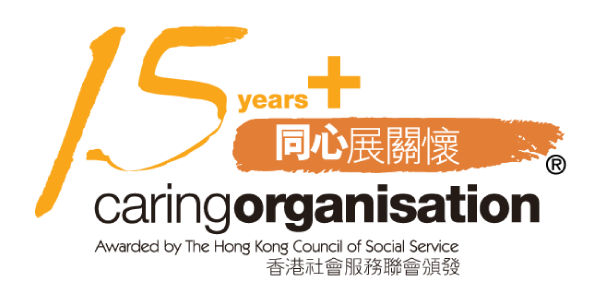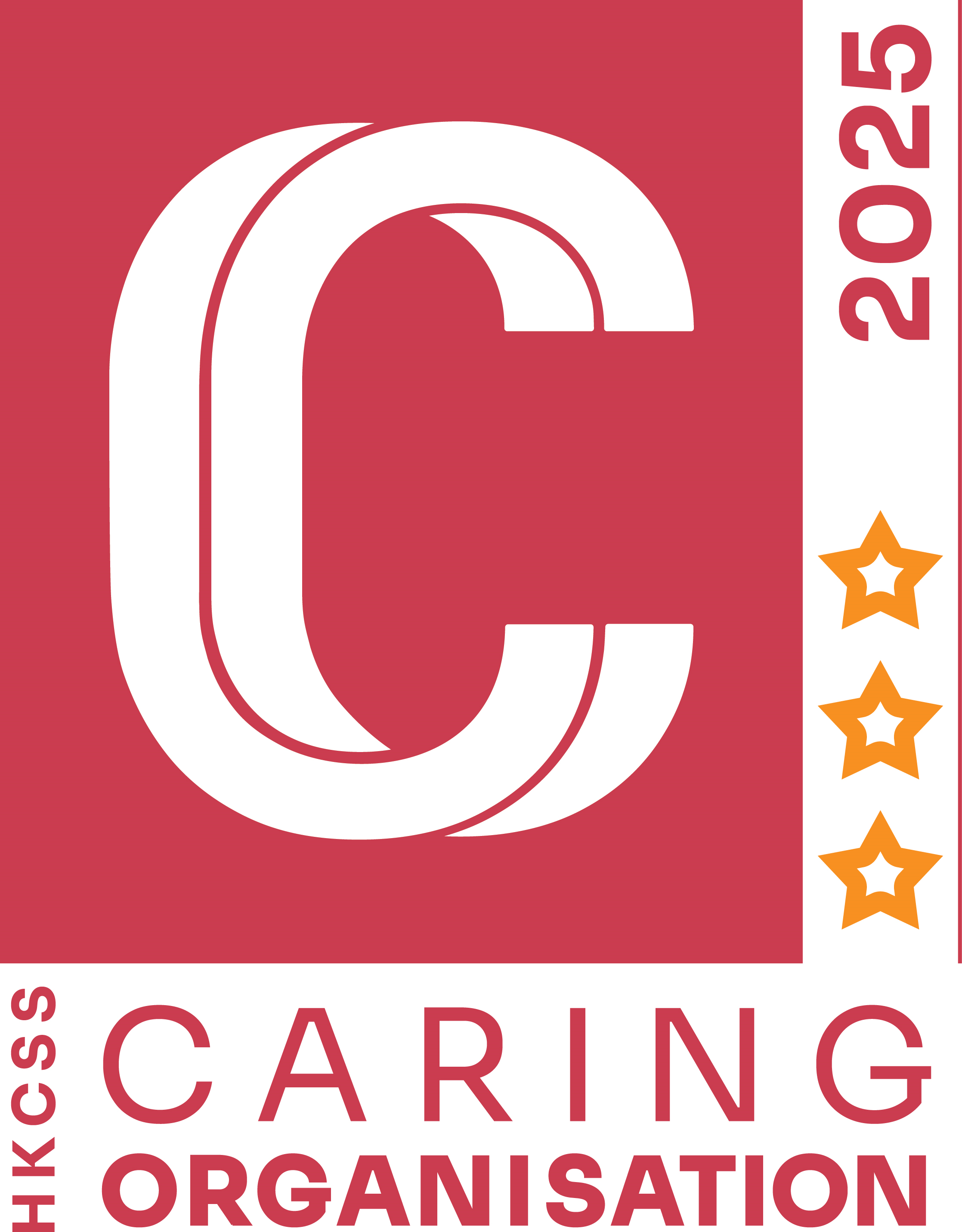
The Hong Kong Mortgage Corporation Limited
Corporate Governance
Missions
The missions of The Hong Kong Mortgage Corporation Limited (Corporation) are to promote:
stability of the banking sector
wider home ownership
development of the local debt market
development of retirement planning market.
Corporate Governance Practices
The Corporation operates on prudent commercial principles and is committed to ensuring a high standard of corporate governance to improve the overall accountability, transparency and long-term sustainability of its operations. The Corporation’s corporate governance practices are set out in its “Corporate Governance Code” (Code) approved by the Board. The Code is premised on the principles of fairness, transparency, accountability and responsibility to all stakeholders and has been issued to the sole shareholder, Directors and staff members.
Sole Shareholder
All the shares of the Corporation are held by the Government of the Hong Kong Special Administrative Region for the account of the Exchange Fund.
The Board
The Board is responsible for leading the Corporation and promoting its success in an accountable and effective manner. To provide strategic leadership and effective control of the Corporation, the Board meets in person at least four times a year to oversee the Corporation’s business strategy and policies, budgeting and planning, organisational and financial performance, risk management, human resources as well as community relations.
Directors are requested to declare their or their respective connected entities’ material interests in any matter to be considered by the Board. If a Director or any of his or her connected entities has a conflict of interests in a matter to be considered by the Board, such Director will abstain from, and not be counted in the quorum in respect of, voting on such matter at the Board meeting.
The Corporation maintains a directors’ and officers’ liability insurance policy for its Directors and officers against legal proceedings and other claims arising in the course of discharge of their duties in respect of the Corporation.
Chairman and Chief Executive Officer
The roles of Chairman and Chief Executive Officer are separate and not performed by the same individual to ensure a clear division of responsibilities between the Board and the executive functions of the Corporation’s Management. The Board is responsible for laying down strategic direction and business guidelines, approving financial objectives and closely monitoring the Corporation’s performance on an ongoing basis. The Chief Executive Officer, who is accountable to the Board, is responsible for leading Management in implementing the Board’s decisions in a proper and efficient manner. The Chief Executive Officer also ensures that adequate information relating to the Corporation’s business is reported to the Board on a regular basis.
Company Secretary
The Company Secretary is accountable to the Board and its main duty is to ensure that all company secretarial procedures are followed by the Corporation and the Board. In addition, the Company Secretary ensures that Board Papers are provided to Directors in a timely manner prior to each Board meeting. Directors have access to the advice and services of the Company Secretary with a view to ensuring that applicable laws, rules and regulations are complied with in respect of Board proceedings.
Audit Committee
The Audit Committee is responsible for reviewing the Corporation’s financial statements, the composition and accounting principles adopted in such statements, the results of the financial audits, and the Corporation’s management procedures to ensure the adequacy and effectiveness of its internal controls systems.
Internal Auditor
The Group Internal Audit (GIA) Department operates independent of Management and plays a major role in assessing the internal controls systems of the Corporation. The GIA Department is led by the Chief Internal Auditor who reports directly to the Chairman of the Audit Committee on all matters relating to the Corporation’s internal controls. The Chief Internal Auditor also reports to the Chief Executive Officer on day-to-day administrative matters of the GIA Department, and has authority to communicate directly with the Chairman of the Audit Committee without reference to Management.
External Auditor
The external auditor is allowed to communicate freely with the Chief Internal Auditor and the Audit Committee. The auditor would issue a letter to the Audit Committee on an annual basis to confirm its independence with respect to the Corporation.
Financial Reporting
The Corporation aims to present a clear, balanced and comprehensible assessment of its performance, financial position and prospects to its stakeholders and the general public. Directors are responsible for the preparation of the financial statements, and there is a statement by the auditor regarding its reporting responsibilities in the Independent Auditor’s Report on such financial statements. Directors are to ensure that financial statements are prepared so as to give a true and fair view of the financial status of the Corporation. The annual and interim results of the Corporation are announced in a timely manner after the end of each relevant period.
Internal Controls
The Board has the overall responsibility for the Corporation’s internal controls systems and, through the Audit Committee, conducts periodic reviews on the adequacy and effectiveness of the systems.
Various committees have been established to ensure the efficient operation and prudent risk management of the Corporation. These include the Corporate Risk Management Committee and Infrastructure Financing and Securitisation Investment Committee which are both chaired by an Executive Director to oversee the risks of the Corporation from an enterprise-wide perspective, and the Operational Risk Committee, the Credit Committee, the Transaction Approval Committee, the Asset and Liability Committee, the Longevity Risk Committee, the Environmental, Social and Governance Committee and the Infrastructure Financing and Securitisation Collateral Manager Committee, each chaired by the Chief Executive Officer. Each of these committees has clear and well-defined terms of reference.
Compliance Reporting
The Compliance Function is part of the Legal Office and is established for focused management of regulatory and compliance risk.
The Compliance Function is led by the Chief Compliance Officer who reports to the Chief Executive Officer through the General Counsel. In accordance with the Group Compliance Policy and the Group Compliance Manual of the Corporation, the Compliance Function monitors and advises departments of the Corporation on their compliance practices with a focus on conflict of interests, anti-corruption, competition, privacy and personal data protection, anti-money laundering and counter-terrorist financing and environmental, social and governance matters. To provide transactional support, the Compliance Function undertakes reviews of and participates in the sign-off of key programmes and programme enhancements. It also organises training to strengthen staff knowledge on compliance matters. To enhance staff knowledge on compliance matters, Compliance Function implements an annual compliance test with different modules for relevant staff from different departments and subsidiaries of the Corporation.
Code of Conduct
The Corporation requires the highest standards of integrity and conduct from its staff members. The requirements and the relevant legal obligations are clearly set out in the Corporation’s Code of Conduct (Code of Conduct) which forms part of the Staff Handbook. The Code of Conduct sets out, in particular, provisions in regard to potential conflict of interests that may arise between personal interests of staff members and the interests of the Corporation, and other provisions designed to ensure that staff carry out their job duties properly, ethically, impartially and free from improper influence. Staff members are required to confirm their compliance with the Code of Conduct on an annual basis.
Communication
The Corporation attaches great importance to communication with the public. The Annual Report of the Corporation contains comprehensive information on its business strategies and developments. The Corporation’s website (www.hkmc.com.hk) offers timely access to the Corporation’s press releases and its business information. The Corporation also maintains a telephone hotline to service enquiries from the public.
HKMC Insurance Limited (HKMCI) and HKMC Annuity Limited (HKMCA)
The Corporate Governance Codes of the HKMCI and the HKMCA (wholly-owned subsidiaries of the Corporation and authorised insurers under the Insurance Ordinance to carry on general insurance business and long term insurance business in or from Hong Kong respectively) closely follow the Corporation’s Code, incorporating best corporate governance practices. The Board of each such subsidiary is comprised of members from the Board of the Corporation and from the Senior Management of the respective subsidiary. Directors of the HKMCI and the HKMCA were appointed by the Financial Secretary as shareholder’s representative of both subsidiaries. The Audit Committee of each subsidiary provides regular reporting to the Corporation’s Audit Committee.
Conclusion
The Corporation will continue to review its corporate governance framework and improve those practices as appropriate in the light of ongoing experience, regulatory changes, international trends and developments in order to enhance the Corporation’s efficiency and effective management in pursuit of its missions.











